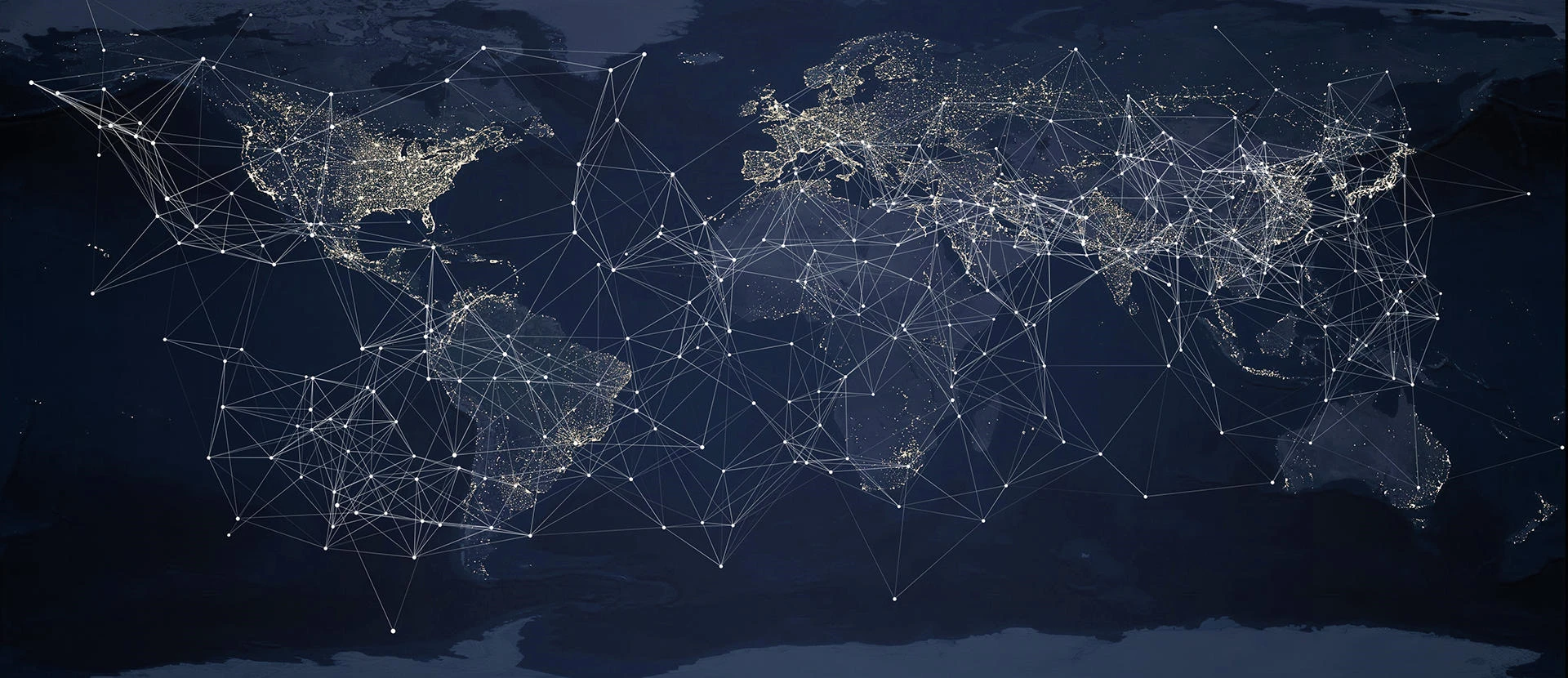Cyber-Policy in the Middle East: origins and current trends

Considering that cyber-attacks in the Middle East affects regional and internal instability, this LSE IDEAS webinar with Amit Sheniak will provide insight regarding the origins, current trends, and the future of cyber-policy in the region.
Cyber-related abilities are associated with a few of the central security issues that constitute the focus of conflict research in the Middle East. These includes competition for regional hegemony and the stability of local autocratic regimes. As such, Amit Sheniak from the Hebrew University of Jerusalem will focus on the effect of cyber conflicts, cyber weapons, and the forging of national security policy and politics in the Middle East to highlight the different effects of cyber conflicts across different national settings so as to elaborate on the origins, current and future trends of cyber-conflict in the region.
Meet the speaker
Amit Sheniak is a post-doctoral research fellow at the Hebrew University of Jerusalem, Federmann School of Public Policy and Government, and a research fellow at the Hebrew University Cyber Security Research Center (HCSRC), the Davis Institute for International Relations and the Truman institute for the Advancement of Peace. He also serves as the Cyber-security policy coordinator of the Israeli Ministry of Defense (MoD) Policy and Political-Military Bureau. Amit holds a MA and PhD in Political Science from the Hebrew University of Jerusalem and a post-doc from Harvard University Kennedy School of Government Program for Science Technology and Society (STS). He had served in the past decade as a chief policy advisor and strategy analyst in various capacities at Israel’s parliament, the Ministry of Defense and the Israeli Defense Forces (IDF). His consultancy, research and publications, investigates the social and political context and effect, of emerging and disruptive technologies, specifically in regard to cybersecurity conflicts, cyber-policy and expertise formation and their effect on international order, sovereignty and legitimacy in the Middle East, USA and China. He is currently involved in a research project titled "Modalities of Future Imagination: Technologies and Practices of Future Imagination in the Israeli and US High-Tech Sectors" (together with Dr Limor Semimian-Darash and Dr Gaymon Bennet).
Meet the chair
Chris Alden teaches International Relations at The London School of Economics and Political Science (LSE) and is Director of LSE IDEAS.
Event hashtag: #LSECyberSecurity
LSE IDEAS (@lseideas) is LSE's foreign policy think tank. Through sustained engagement with policymakers and opinion-formers, IDEAS provides a forum that informs policy debate and connects academic research with the practice of diplomacy and strategy.
LSE holds a wide range of events, covering many of the most controversial issues of the day, and speakers at our events may express views that cause offence. The views expressed by speakers at LSE events do not reflect the position or views of The London School of Economics and Political Science.
From time to time there are changes to event details so we strongly recommend that if you plan to attend this event you check back on this listing on the day of the event.
Whilst we are hosting this listing, LSE Events does not take responsibility for the running and administration of this event. While we take responsible measures to ensure that accurate information is given here this event is ultimately the responsibility of the organisation presenting the event.
LSE holds a wide range of events, covering many of the most controversial issues of the day, and speakers at our events may express views that cause offence. The views expressed by speakers at LSE events do not reflect the position or views of the London School of Economics and Political Science.
